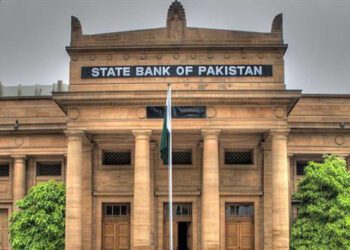The 2008 global financial crisis was a severe economic crisis worldwide. Before the current COVID-19 induced recession, it was considered the most serious financial crisis since the Great Depression. There were a wide range of reasons including excessive risk-taking by banks, combined with the bursting of the United States housing bubble which caused real estate to collapse and financial institutions suffered massive damage.
The financial crisis was years in the making but was overlooked by Wall Street. By the summer of 2007, financial markets around the world were showing signs of years-long cheap credit binge. Despite the years of warnings, few investors expected the crisis would engulf the entire global financial system and trigger a recession in the United States. It was an epic financial and economic collapse that cost ordinary citizens their jobs, life savings, homes, or all three.
The financial crisis came years earlier with cheap credit and lax lending standards that fueled a housing bubble. When the bubble burst, financial institutions were left trillions of dollars of near-worthless investments in mortgages. Millions of Americans were caught off guard and found themselves owing more mortgages than their homes were worth. Even the mighty Wall Street giants came to their knees. Lehman Brothers, which had survived two world wars and the Great Depression, came crashing down. The result was a recession until the passage of a massive bailout package which stabilized the stock market. Unemployment in the United States reached ten percent and 3.8 million Americans lost their homes to foreclosures.
Now after more than a decade, we should learn lessons from the global financial crisis. The PTI government has embarked on an ambitious scheme allowing people to buy homes on cheap mortgages from banks.
It should keep in mind that low lending standards fueled a housing price bubble which led to millions borrow beyond their means. Bubbles occur all the time in the financial world and could inflate the price of a commodity beyond its value. The bottom line is whether the Pakistani economy will manage to face an economic and financial crisis.
Even in the United States, it is now being speculated whether there will be another housing crisis. While it has been an unprecedented year due to the pandemic, the real estate market has been growing fast as many young people are buying and entering the market. The policymakers in Pakistan should realize that schemes like ‘Naya Pakistan Housing Scheme’ will lead to a housing crisis and eventually trigger a recession. The writing is on the wall and we need to avert an economic crisis down the lane.
Instead, the government should work on economic reforms by bringing in policies that accelerate growth and development. The economy needs money flow, lower tariffs, deregulation, tax reductions, labour market reforms and contracting of public services. We need reforms that can significantly reduce the price of essential items, food, and electricity. If we don’t implement economic reforms, it will certainly lead to a recession and hamper development and prosperity.






























